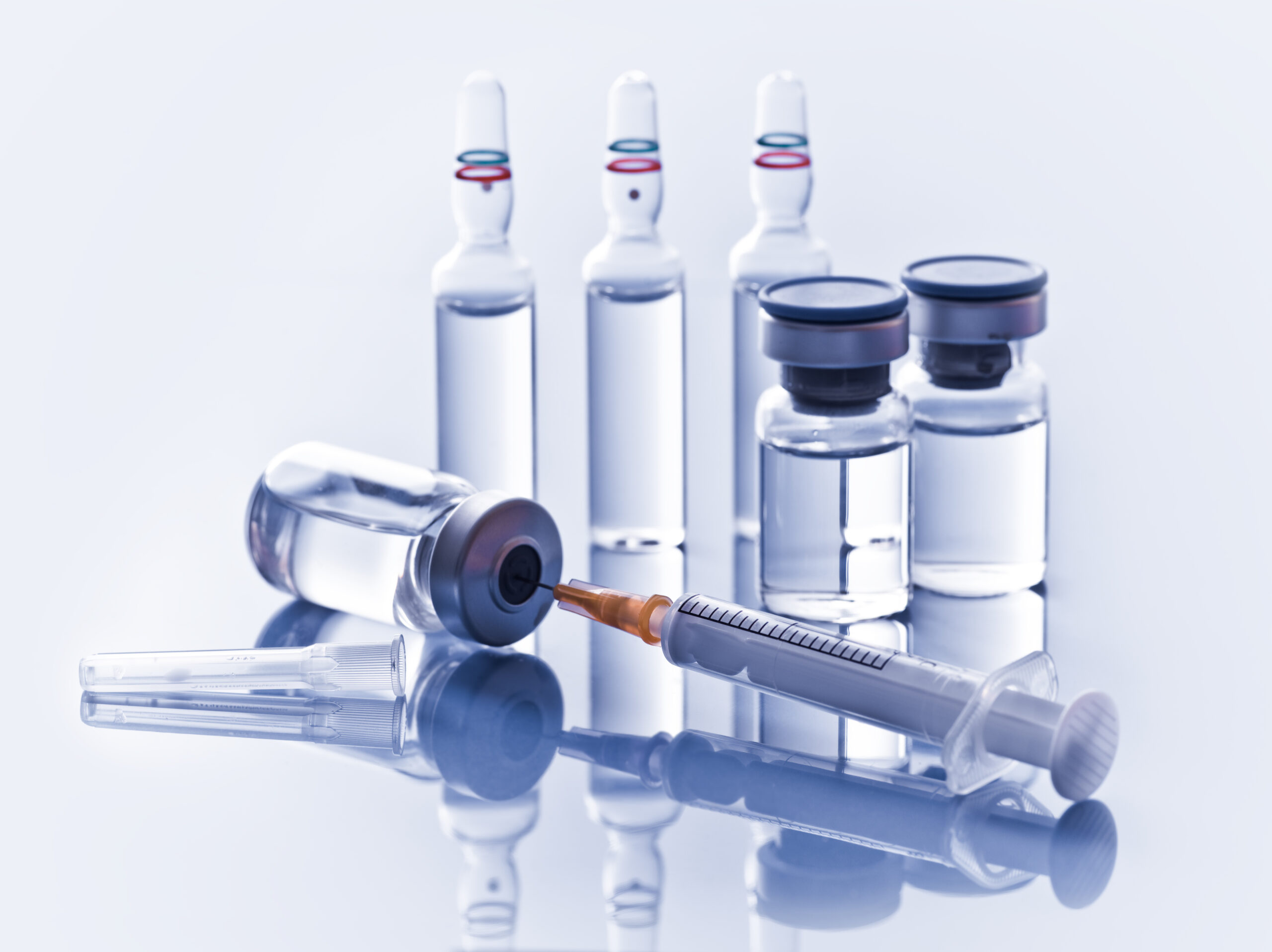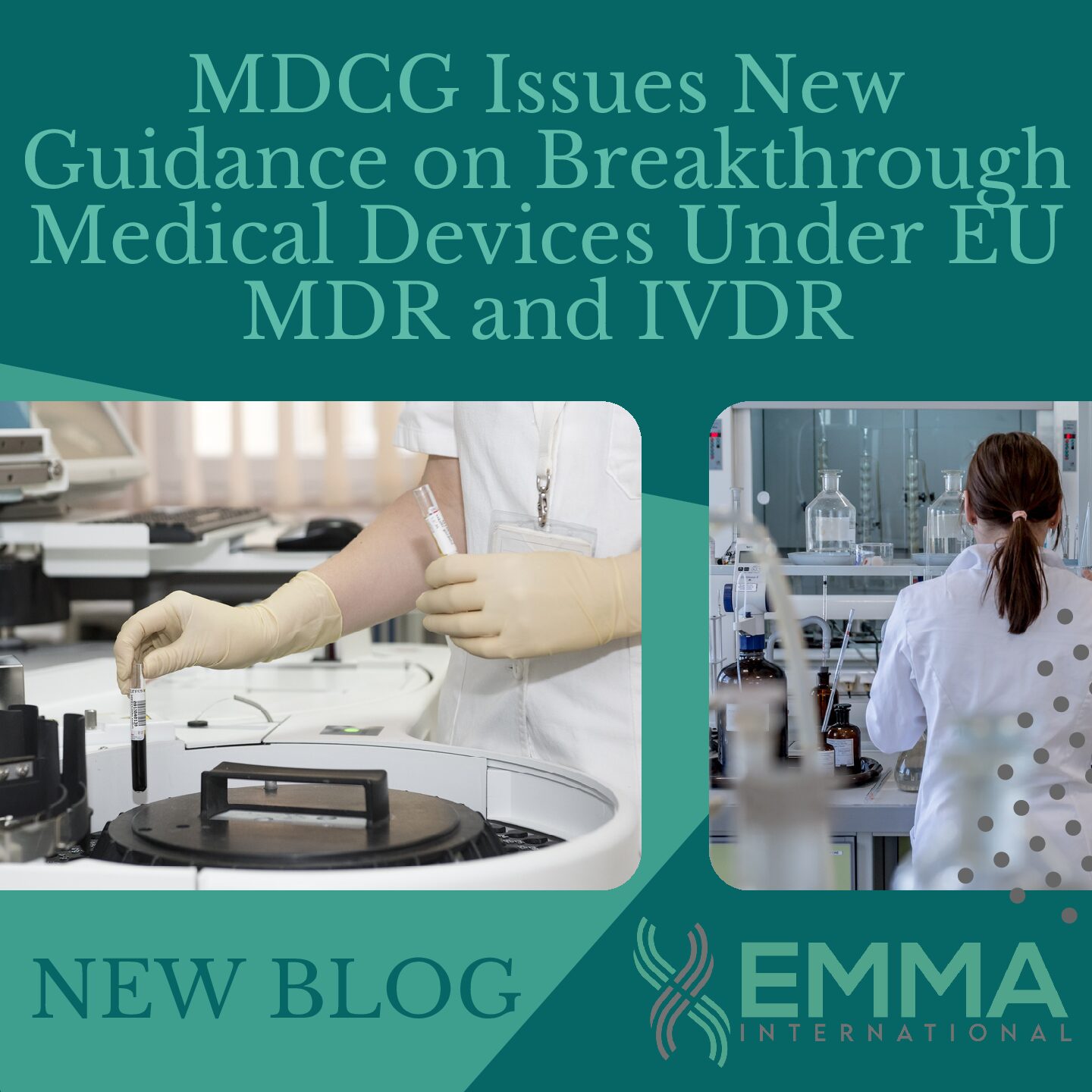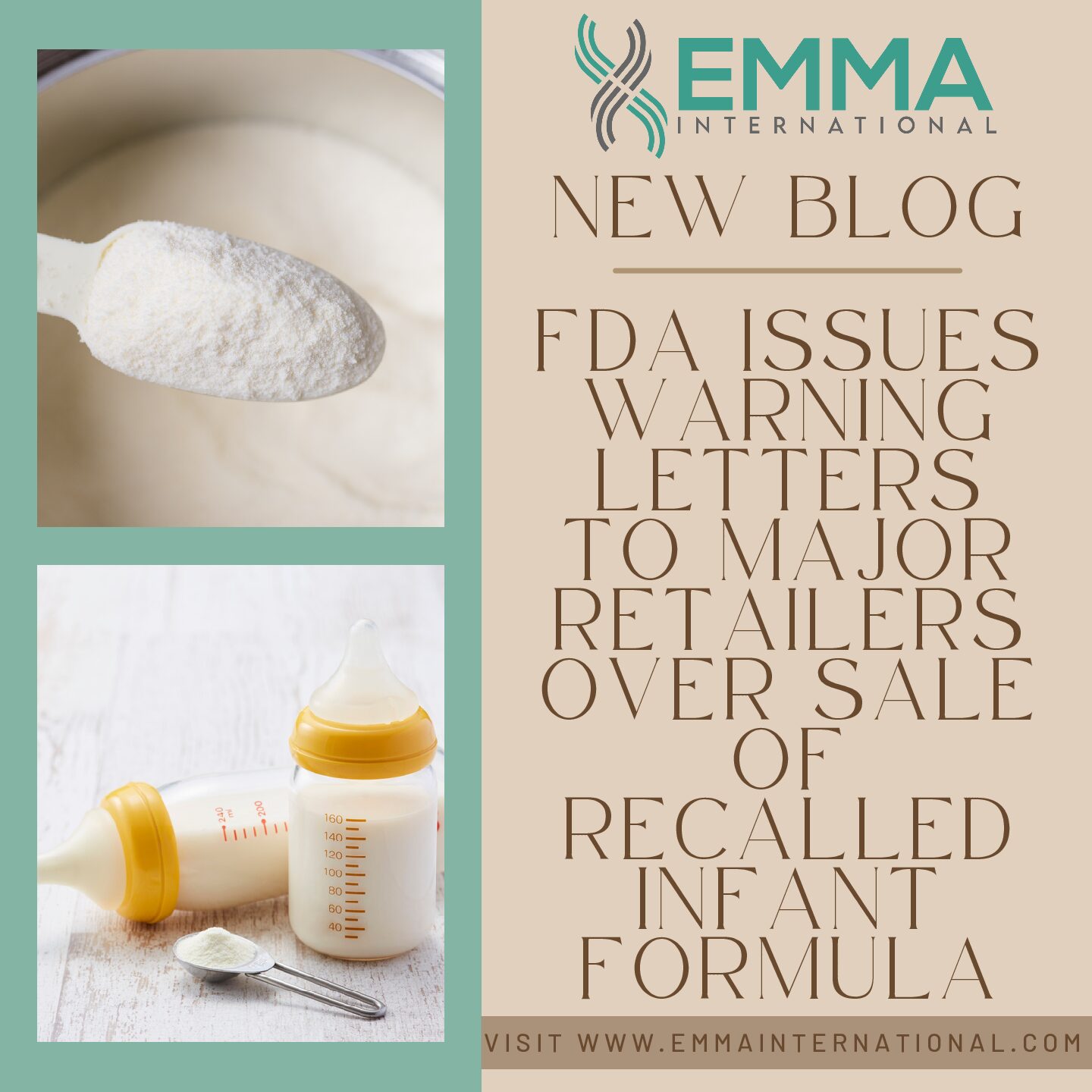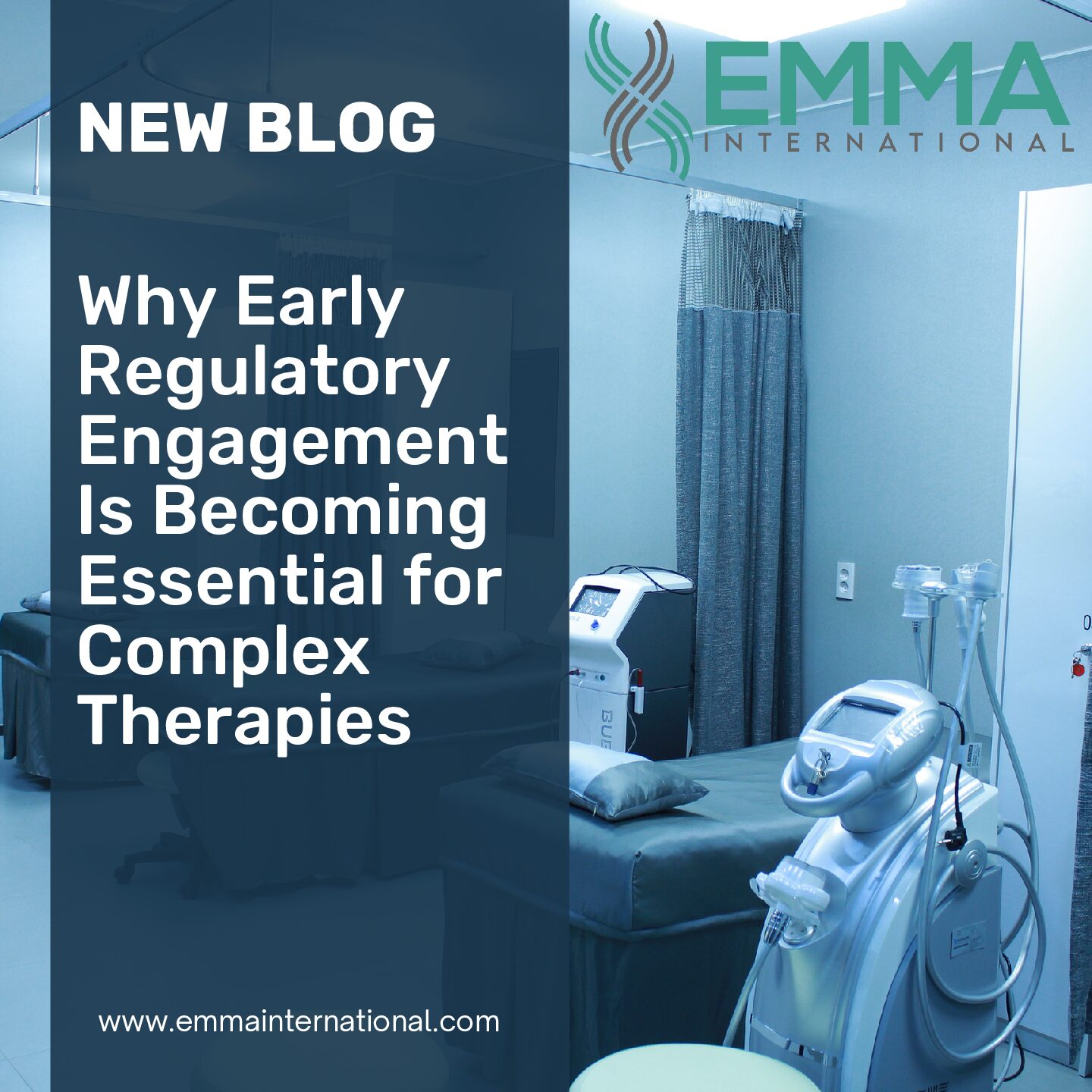After over 3 years, the COVID-19 Public Health Emergency (PHE) will end on May 11, 2023, the Biden Administration announced last week.[1] After 3.5 years of modified policy to allow for a more efficient path for COVID-19 related medical products to get to market, this begs the question of how it will impact the MedTech world.
On January 31, just a day after the White House announced its intent to end the PHE, the FDA posted an update to its webpage on EUA’s declaring that they intent to issue a Federal Register notice regarding how the end of the PHE will impact current COVID-19 related guidances, and which of those guidances will be temporarily extended or allowed to expire. They made it a specific point to call out that existing Emergency Use Authorizations (EUAs) for products will remain in effect, and the FDA may continue to issue new EUAs even after the PHE if certain criteria is met.
Its important to note that an EUA declaration from HHS is distinctly different from an HHS PHE declaration. In other words, the EUA declaration will not automatically end the day the PHE ends.[2] However, it usually doesn’t lag too far behind. So, what does this all mean for the hundreds of thousands of manufacturers who are currently producing under an EUA?
Any manufacturer that is currently producing under a COVID EUA needs to start considering how to transition to a formal market clearance or approval for their product. This is also confounded by the fact that late last year, the FDA’s Director of the Center for Devices and Radiological Health, Jeff Shuren, released a statement that the FDA will start limiting the number of EUA approvals they will issue for COVID test kits.[3] At the time of the statement, the FDA had approved over 430 EUA’s for distinct COVID-19 test kits, which means that there was plenty of availability of test kits, and that the FDA would start pushing firms to pursue De Novo classification or 510(k) clearance. If you currently have an EUA, for any type of COVID medical product, it is time to strongly consider how to move towards a formal regulatory clearance or approval. The Regulatory team at EMMA International can provide support to your team to ensure a successful transition, post EUA. Contact us today at 248-987-4497 or email info@emmainternational.com to learn more!
[1] Executive Office of the President (Jan 2023) H.R. 382 – A bill to terminate the public health emergency declared with respect to COVID-19, retrieved on 02/05/2023 from: https://www.whitehouse.gov/wp-content/uploads/2023/01/SAP-H.R.-382-H.J.-Res.-7.pdf
[2] FDA (Jan 2023) FAQs: What happens to EUAs when a public health emergency ends? Retrieved on 02/03/2023 from: https://www.fda.gov/emergency-preparedness-and-response/mcm-legal-regulatory-and-policy-framework/faqs-what-happens-euas-when-public-health-emergency-ends
[3] Nick Paul Taylor (Sep 2022) FDA switches COVID-19 tests to De Novo, 510(k) pathways, limiting EUAs retrieved on 02/05/2023 from: https://www.medtechdive.com/news/fda-updates-covid-19-test-eua-approach/632823/






